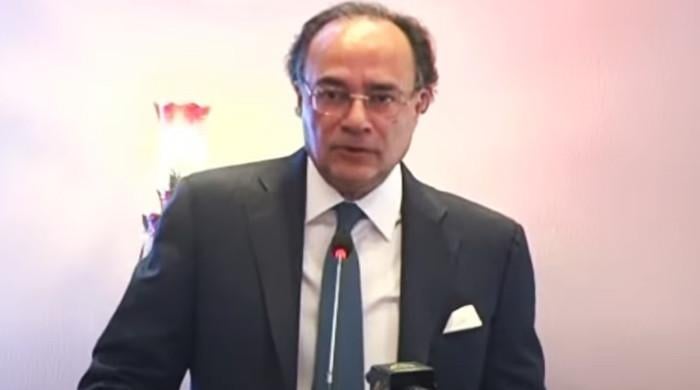Texas Opens Door to Lawsuits Over Housing Finance Reform – Will It Stifle Development?

Texas Governor Greg Abbott recently signed a controversial bill aiming to reform the state's housing finance corporations (HFCs). However, the legislation has sparked immediate backlash from developers and housing advocates who argue it could inadvertently hinder much-needed housing development and open the floodgates to costly lawsuits. The new law, while intended to increase oversight and accountability, includes provisions that effectively waive sovereign immunity for these corporations, making them vulnerable to legal challenges.
What's the Reform About? The bill seeks to restructure the Texas Housing Foundation and the Texas Department of Housing and Community Affairs (TDHCA), entities responsible for administering state housing programs and leveraging federal funds. Proponents claim the changes will streamline operations and ensure taxpayer dollars are used efficiently. The stated goals include improving transparency and reducing bureaucratic hurdles in securing funding for affordable housing projects.
The Controversy: Lawsuit Risk The core of the dispute lies in the removal of sovereign immunity, a legal doctrine protecting government entities from certain lawsuits. This change means HFCs can now be sued in a way they previously weren't. Critics argue this creates a significant financial risk, potentially diverting resources away from crucial housing initiatives and discouraging developers from participating in state-backed projects. The fear is that opportunistic lawsuits, even if ultimately unsuccessful, will drain resources and create uncertainty in the development process. Some legal experts predict a surge in litigation targeting HFC decisions, particularly those related to project approvals and funding allocations.
Developer and Advocate Concerns Developers express concern that the increased litigation risk will make projects less attractive to investors. Securing financing for affordable housing is already challenging; adding the potential for protracted legal battles significantly increases the risk profile. Housing advocates worry that the law will ultimately reduce the number of affordable housing units built, exacerbating the existing housing crisis in many Texas cities. They argue that the reform prioritizes legal protection over addressing the urgent need for more accessible and affordable housing options.
Abbott's Justification Governor Abbott maintains that the reform is necessary to ensure responsible stewardship of public funds and to prevent waste, fraud, and abuse within the HFC system. He believes the increased accountability will ultimately benefit taxpayers and lead to more effective housing programs. His office has stated that the lawsuits, while possible, will be outweighed by the benefits of increased oversight and transparency.
Looking Ahead The impact of this new law remains to be seen. Legal challenges are anticipated, and the coming months will be critical in determining whether the reform achieves its intended goals or inadvertently stifles the development of much-needed affordable housing in Texas. The debate highlights the complex balancing act between ensuring government accountability and fostering a stable environment for investment and development in the housing sector. The Texas legislature will likely face pressure to revisit the law if it demonstrably hinders housing production. The situation is being closely watched by other states considering similar reforms to their housing finance systems.





